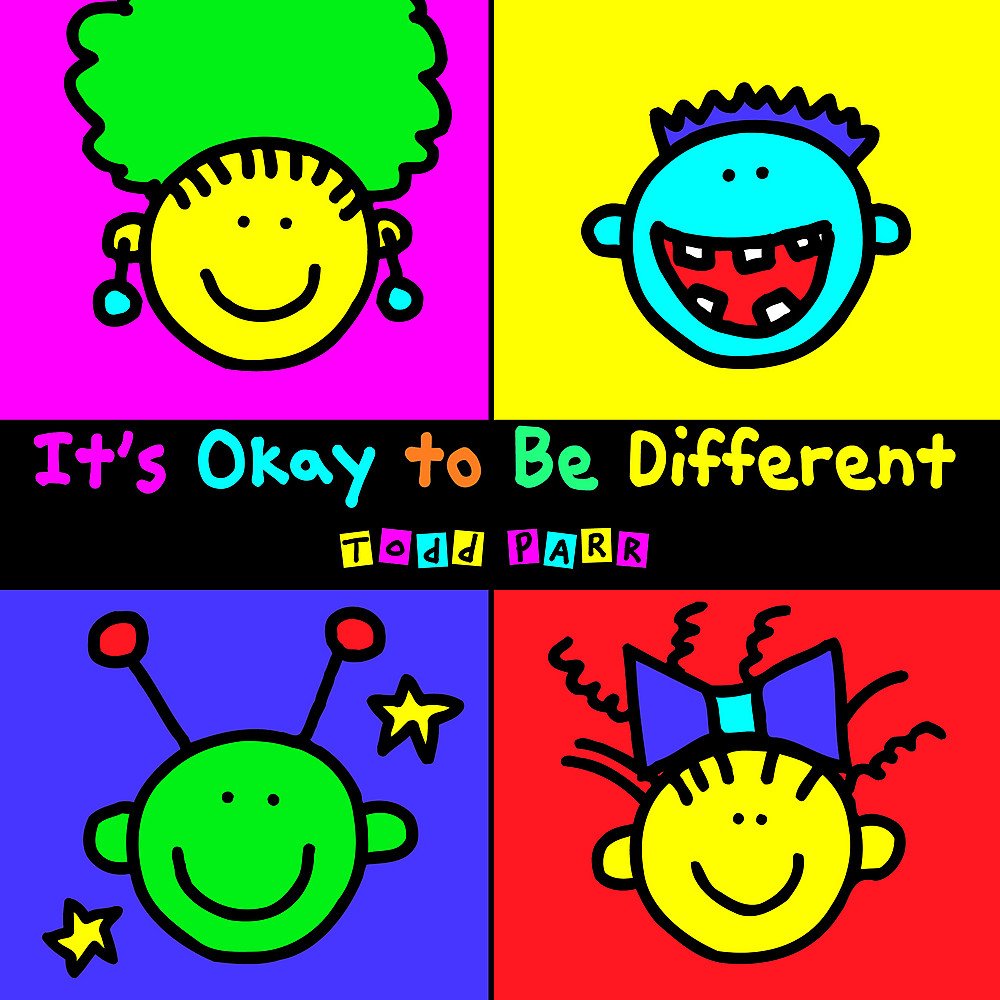February – the month of love; loving and caring for our family, our friends, our significant other. Everyone needs a little help now and then. Helping our loved ones express themselves is important in February and all year through. Expressing one’s self cannot be limited to talking. Expressions of love come in variety of shapes, colors, and sounds. Give your loved ones the opportunity to express and communicate with the world.
Opportunities to communicate happen every minute of the day, knowing the best or most effective way to communicate may take some practice. Give you and your loved the time to practice. This practice doesn’t have to take long or even have a lot of ‘moving parts’. Valentine’s day is only a few days away, what a wonderful reason to practice and share your loved one’s communication skills with the special people in their lives. Here are a few ideas to get your creative communication juices flowing.
 Teach your loved one the sign for “I love you”. Remember to teach those in your lives the sign as well so when your love one signs “I love you”, the recipient will understand that wonderful message.
Teach your loved one the sign for “I love you”. Remember to teach those in your lives the sign as well so when your love one signs “I love you”, the recipient will understand that wonderful message.  Use a speech bubble and write a Valentine’s message in the bubble or a simple heart cut from paper. Have your loved one hold the speech bubble or heart and snap a picture. Whose day won’t be uplifted receiving that message via text or email?
Use a speech bubble and write a Valentine’s message in the bubble or a simple heart cut from paper. Have your loved one hold the speech bubble or heart and snap a picture. Whose day won’t be uplifted receiving that message via text or email? Using pink or red lipstick/chapstick, have your loved one decorate a Valentine with lip prints by having them kiss the paper. Not only is this just adorable, but it’s a GREAT oral motor exercise for speech.
Using pink or red lipstick/chapstick, have your loved one decorate a Valentine with lip prints by having them kiss the paper. Not only is this just adorable, but it’s a GREAT oral motor exercise for speech.- Simple communication boards or pictures are also a great way of communicating. Making a video of your loved one creating a message and send it out via text or email will definitely brighten the day!
Let the world hear your loved ones message loud and clear this Valentine’s Day!
Yours in Speech,
Lakeshore Speech Therapy, LLC












